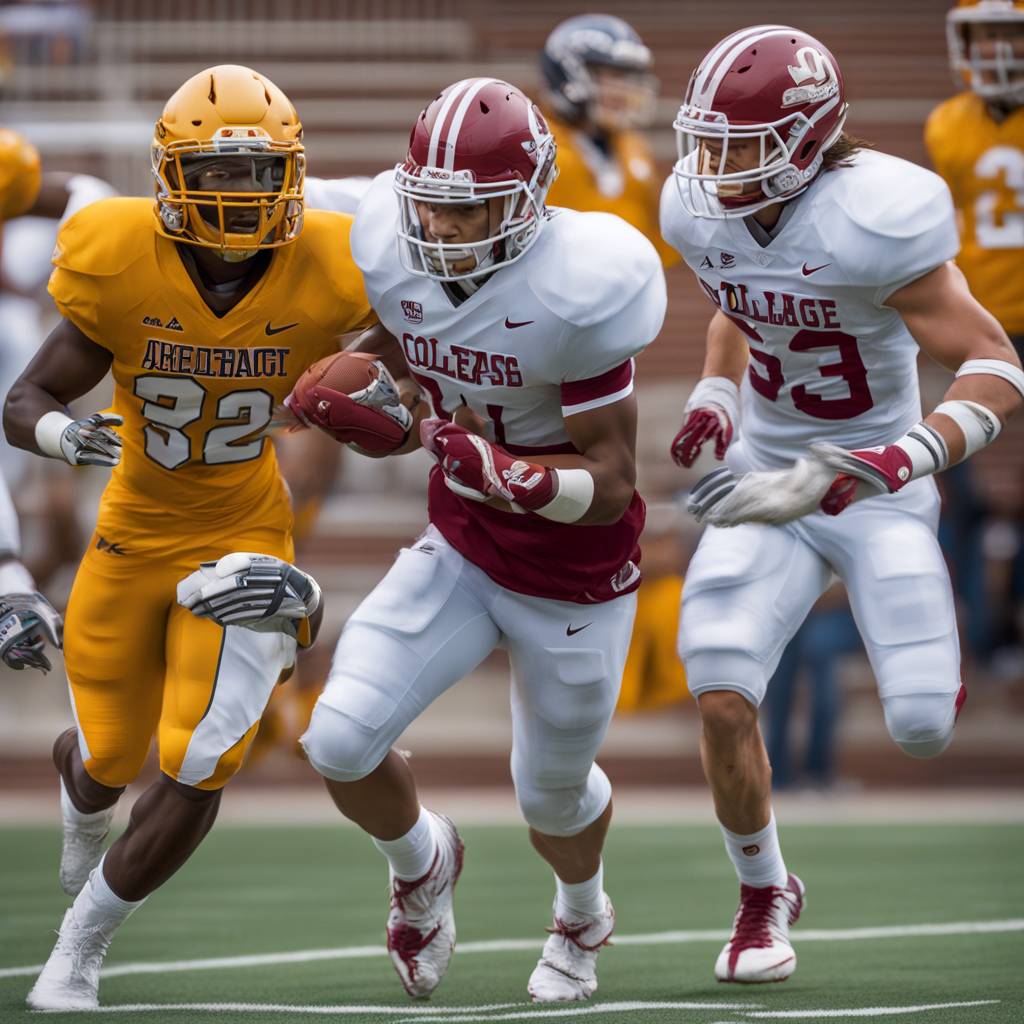College basketball stars like Caitlin Clark and Angel Reese are taking advantage of the NCAA’s name, image, and likeness policy, allowing student-athletes to profit from their personal brand. However, amid the chaos that has ensued, the federal government has not provided any structure or guidelines for how this would work. With 30 states passing their own NIL laws and various court decisions raising questions about recruiting practices, third-party organizations have stepped in to offer NIL deals to athletes, causing concern for traditional college athletics advocates like Alabama football coach Nick Saban.
Since the Supreme Court decision in NCAA v. Alston in 2021, student-athletes have been capitalizing on opportunities to use their name, image, or likeness. Athletes like Iowa’s Caitlin Clark have signed deals with major brands, while others look to develop relationships and create their own merchandise. However, the lack of federal legislation and the patchwork of state laws has led to lawsuits challenging the NCAA’s authority and creating confusion around business dealings in college sports.
Sports lawyer Darren Heitner notes that many in the industry are panicking over the uncertainty surrounding the current NIL landscape. While collectives provide opportunities for athletes to earn and have more power, they also present challenges for coaches, athletic directors, and conference commissioners who are unsure of the system’s sustainability. Despite this, Heitner pushes back against the idea that NIL opportunities create a “pay for play” model, emphasizing that these deals are not tied to performance on the field.
As lawmakers in Congress introduce various legislation related to college sports, including an antitrust exemption for the NCAA and revenue-sharing for players, there has been little progress in passing such laws. In the meantime, universities like LSU are trying to guide their student-athletes in navigating the opportunities available through NIL. LSU has established its own NIL office, led by Taylor Jacobs, to help athletes maximize their opportunities while complying with NCAA rules.
Student-athletes like Bailey Ortega see NIL opportunities as a way to explore avenues outside of their sport and support causes they care about. Ortega, a fifth-year volleyball player, has signed deals with a software company and used her platform to raise money for charity. While the current system allows for athletes to benefit from their personal brand, the lack of federal legislation and the uncertainty of the environment have created challenges for universities, athletes, and sports organizations.
With no movement in Congress on legislation related to college sports, the landscape of NIL opportunities remains uncertain. The rise of collectives and third-party organizations offering deals to athletes has caused concern among traditional advocates of college athletics, while athletes continue to navigate the challenges and opportunities presented by the current NIL policy. As universities like LSU establish structures to support their student-athletes and guide them through the evolving landscape, the future of college sports and the role of NIL remain complex issues in need of address.













